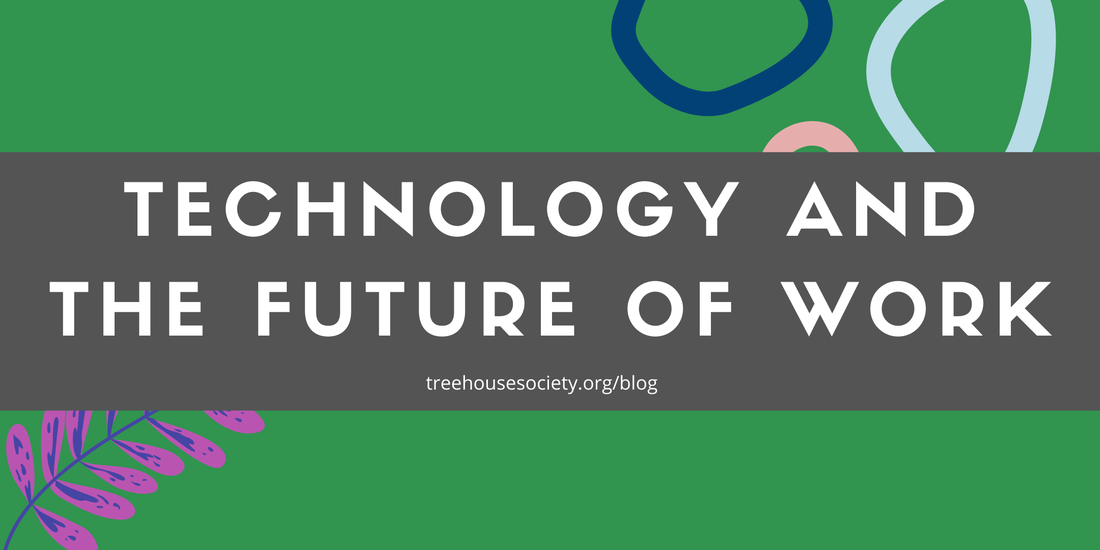|
It is quite obvious that the world of work is in a tremendous state of flux and this is causing anxiety with people and for a very good reason. There is a rising polarization of labor market changes between:
The role of technology is important in the present and the future of work. Currently, the top technology and business executives are merging in a bid to research how technology can deliver value and advantage in business. Furthermore, technology innovation is swiftly transforming the pace, scope, and scale of work. All of these disruptions come in diverse forms ranging from competitors making use of technology at scale down to the industrial IoT (internet of things). The IoT is only getting to get more relevant with the appearance of the 5G network. Even manufacturing would transform into a state that we have never seen before. Changes In The Role of Technology In the past, technology was only used to maintain excellence in operations, however, in this digital age, the plans of integration of businesses and technology are now entwined. While technology is evolving to aim at hand in hand collaborations, business on the other hand functions to co-create values. Most of the jobs that humans can do, we can have technology doing them. Some managers have suggested making use of technology because while a human can take breaks from time to time, machines can work daily on a 24/7 basis without rest. Also, there are fewer errors with machines. There is an increasing demand for swift and effective delivery of capabilities and low friction experiences. As it stands, most technology teams are moving from the local projects and process-targeted operating models down to projects that much more productive and outcome-centric. Workers are wondering where exactly they stand if technology turns out to be the future of work. Additionally, technology is moving from mere service delivery up to value delivery. Cloud and automation models taking powerful roots and speeding up IT delivery and transforming how technology teams and business operations work and merge to create value. It is also helping businesses to eliminate some of their operational works and moving the remaining to service and machine providers. This makes the future of work a lot more efficient. Technology is bringing in more value to businesses and not just the services they are known to deliver. Not to forget, the cost is technology is reduced daily so although the initial cost of integrating technology is high, eventually, it would become close to nothing. To Wrap It Up The future of work would become more technology-centric. This might be terrifying to hear as one could imagine robots replacing human workers. But imagine the next wave of workers. They might be millennials and Gen Z who have been used to technology at work. They have grown up with technology all their lives and are comfortable with the technology adjustment in their workplaces. As technology and work plans are merging, the technology functions as a co-driver of innovation and a co-creator of revenue to be driven by technologic investments. If one wants to optimize work, one must leverage technological advancement. https://uwe-repository.worktribe.com/preview/871355/IoT5m.pdf https://home.kpmg/xx/en/home/campaigns/2019/06/converging-5g-and-iot.html https://www.technologyreview.com/business-report/the-next-wave-of-manufacturing/
3 Comments
9/8/2023 03:13:42 am
This thought-provoking article on technology's impact on the future of work offers valuable insights and raises crucial questions for us to consider in this rapidly evolving digital landscape.
Reply
Leave a Reply. |
Categories
All
|




